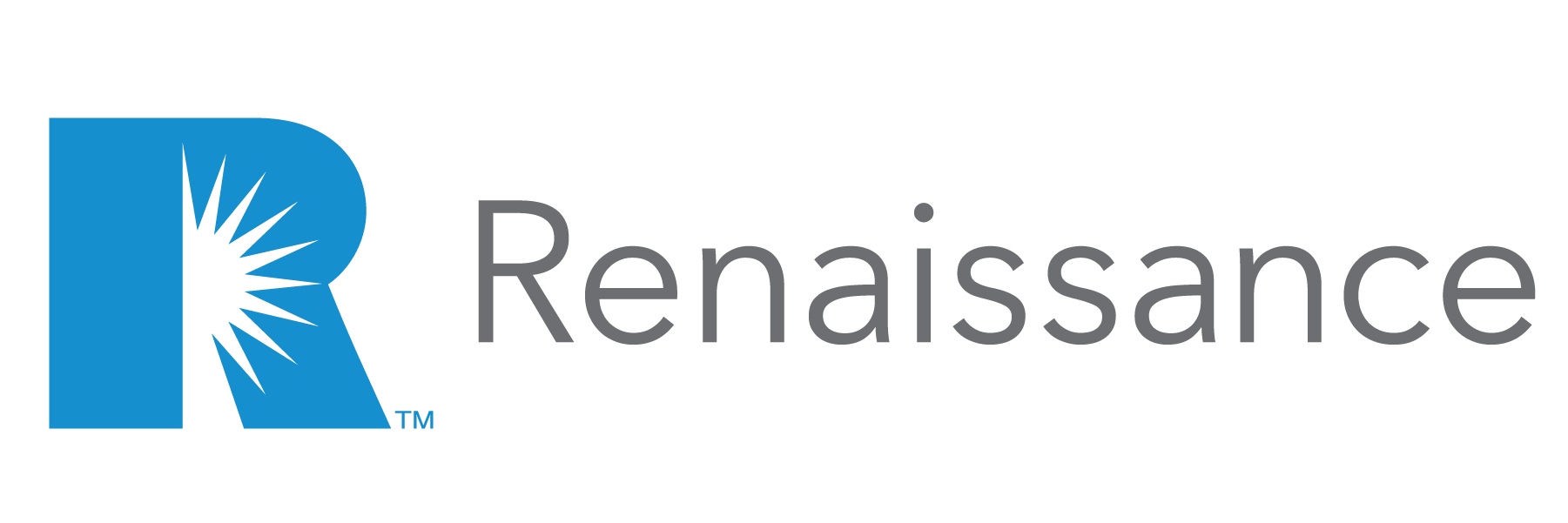It’s time to view the insurance agency technology proposition in a new context.
The truth about insurance agency technology tools is that many principals think of them as a necessary evil at best – and at worst, something they’d rather not deal with. That thinking needs to change.
Consider that in Renaissance’s 2021 P&C Market Study Report for Agency Principals, fewer than 5 out of 10 agency owners, on average, said that increasing their use of technology was not among the most important things to them in meeting their agency’s goals.
Likewise, when asked “How important do you believe it is to your competitive success that your agency is able to digitally deliver insurance products?” more than half of the agency respondents to the 2022 Insurance Agent Survey by National Underwriter Property & Casualty magazine and PIA replied with an answer of “Not at all important” to “Moderately important.”
It’s hard to blame agency principals for being hesitant to invest money in new tools when they’re unsure if they’ll really help, or concerned that the solution they buy might quickly become obsolete.
Another point here that I’ve heard from agents is that they aren’t willing to introduce that kind of risk into their business: “I’m doing just fine with this 20-year-old system. I’m making plenty of money. My team seems content. Why should I risk my data getting screwed up and my systems being offline for a week while I migrate? It’s not worth it!”
However, I would submit that the biggest reason why agency principals don’t embrace technology more often is because the value of agency tech hasn’t been properly framed for them. So, to put it another way: Investing in the technology tools that are most appropriate for your insurance agency will make your business both more efficient and more profitable than it is right now.
A New Way of Thinking
Agency technology is not a one-size-fits-all solution. The “right” tools for your agency are the ones that solve issues specific to your business, and in doing so, help you make more money.
The best way for an agency owner to consider the possibility of using new technology tools at their agency would be to ask: What are my goals for my agency? What exactly do I want to achieve, and what would my agency look like, once I’ve accomplished that?
The second thing to ponder is, what are the processes that consume the most time, energy, and money at my business, and how much more efficient would my agency be if I were able to fix them?
That’s where the conversation should begin around agency technology and how it can help your business. Technology should always align with your agency’s goals and help you to achieve them; those tools should always work for you, not the other way around.
The right technology solutions will help you sell better, make your agency more productive, and increase its overall value.
Download our free e-book here: The Independent Agent’s Playbook for Success – How to Solve Your Agency’s Five Biggest Challenges
How Technology Tools Help Increase Your Revenue
There are many ways in which agency technology solutions can help your agency. Let’s consider four core ways in which it helps your agency make money.
1. Identification of your most valuable clients.
Experienced agency principals are familiar with the Pareto Principle, which states that 80% of your revenue often comes from 20% of your clients. But how many agency principals – and their staff – already know which of their clients are their most valuable, and mindfully direct their energies toward retaining those customers?
That knowledge comes from having a firm grasp on your agency’s data.
Agency principals would do well to seek out a partner equipped with the technology to help them comb through the agency’s client data and provide valuable intel on which of your accounts are the ones most vital to your agency’s revenue, which accounts have been won or lost, which of those policies are coming up for renewal, and whether they’re worth the extra effort in retaining.
Without that intel, agency staffers can often knock themselves out trying to give the same amount of care to a single-policy, low-premium customer than a valued, longtime client.
2. Targeting new business from your current customer base.
When you’ve been provided new, informed insights on your book of business, it unlocks new possibilities for selling.
When sorted properly, your agency’s data clearly shows you:
- Which policies your clients are carrying (and which ones they aren’t)
- The carriers with which they currently have policies
- The percentage of your book of business among multiple carriers
- Your compensation from those carriers for the business you have placed with them
Knowing which policies are held by each of your clients reveals new opportunities for cross-selling. Once an insurance agency has a clearer picture of the types of coverage being purchased by a specific client, it also becomes instantly clearer what types of coverage aren’t being carried by that customer.
For example, you can discover that a client might be carrying an auto policy, but not a homeowners or rental policy. A local business with a BOP might lack a workers’ compensation policy, or even cyber coverage. A high-net-worth client may be buying a homeowners or auto policy, but not umbrella coverage. Their policy limits on valuables, for instance, might be found to be insufficient in the time since their original policy was written and need to be updated.
Experienced agents also know that having multiple policies with the same client not only equals more premium, but also better retention.
3. Optimizing your carrier revenue.
Being able to view the full spectrum of where your premium is placed helps informs your process when it comes to marketing risks. Through your own data analysis, you may discover that one of your agency’s go-to markets has been paying you a lower amount of commission than another insurer of equal quality.
Naturally, there are a variety of important factors that determine whether remarketing a client is in their best interest (and yours), including the carrier’s level of service, the quality of its claims management, and competitive pricing. While the needs of the customer come first, knowing which carrier will give you the best return on that client’s premium will come into play when you look to place that business. It’s always best to have a complete view of your service options.
Your data can also show you the full landscape of your carrier relationships. How concentrated is your book? Where is the biggest opportunity to boost your revenue? How are you performing against your growth goals with specific carriers? These are all questions that insurance agents should be able to answer … and the right technology can help them do it.
4. Improved agency efficiency.
Technology is meant to empower you so that your agency can provide the best possible service to your clients. In my conversations with agency owners, they often say that prospecting isn’t their biggest challenge; rather, it’s keeping up with the needs of the clients they’re already trying their best to serve.
Consider your agency’s current processes. Which tasks require the most time and effort for you and your CSRs or office staff? Is it …
- Responding to basic inquiries about insurance products or options?
- Processing payments or billing?
- Filing paperwork for new clients?
- Monitoring accounts to flag policy renewals?
- Tracking claims for the fiscal year?
- Marketing-related tasks, such as manually sending out e-mails to clients or posting on social media?
Once you determine where your business is spending too much time and expending too much effort on certain tasks, you can compile a list of where improvements can be made. Then you’ll begin to develop your vision for what the most efficient version of what your agency will be.
After the appropriate technology solutions are deployed, all the time and energy that’s currently being spent inefficiently can be redirected toward serving your most valued clients.
It’s time to adopt a new mindset when it comes to agency technology. All the tech solutions in the world will never replace the value you deliver as a trusted advisor. Rather, agency tech supports your endeavors, and empowers you to deliver your customers better, more informed insights.
Simply stated, the right insurance agency software tools can help streamline and improve processes, cut down costs, and drive sales. Your agency will benefit from better accessibility, better customer relationships, and stronger retention.
In the end, it’s up to you to decide whether to invest in the tools that will help ensure your agency’s future.






